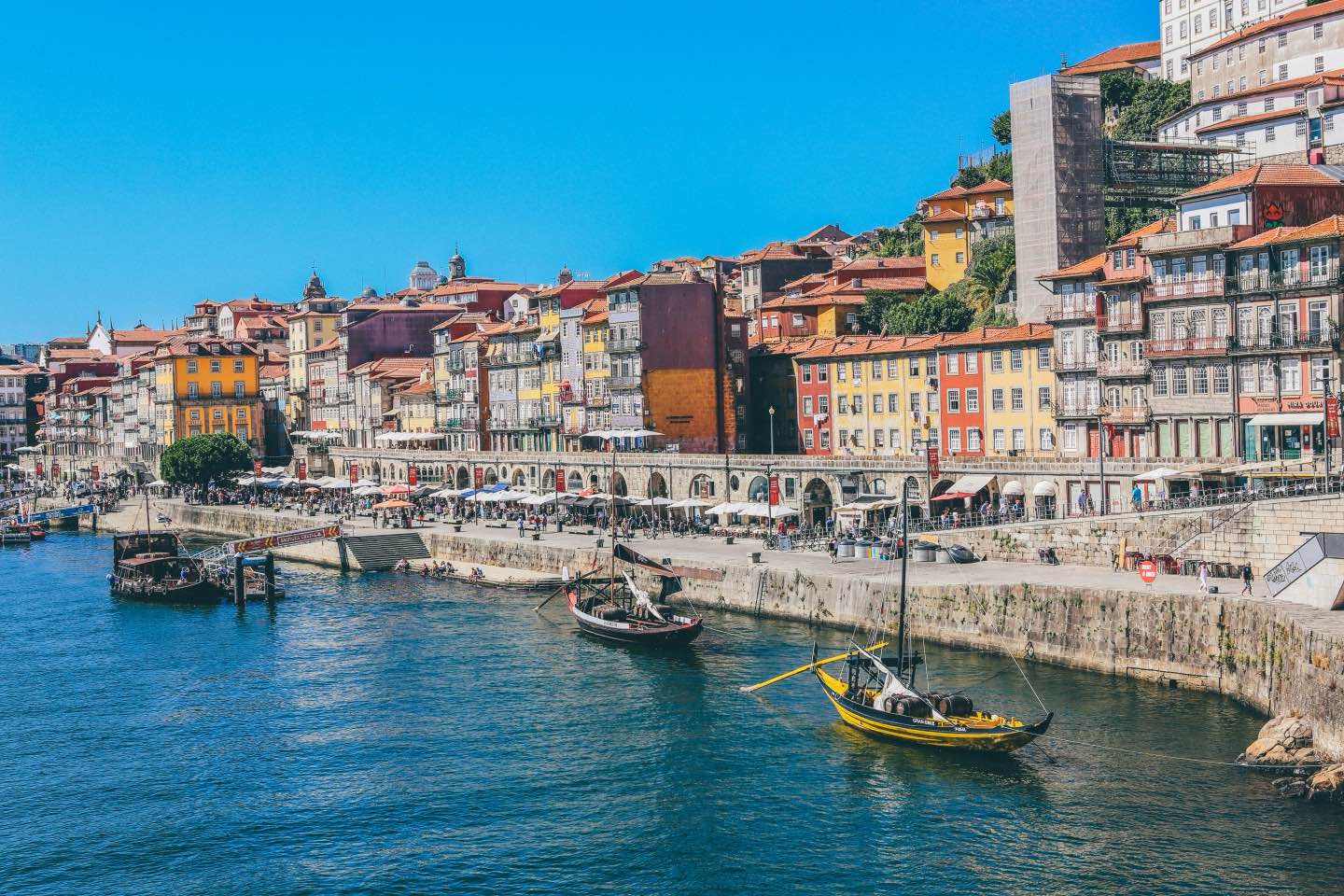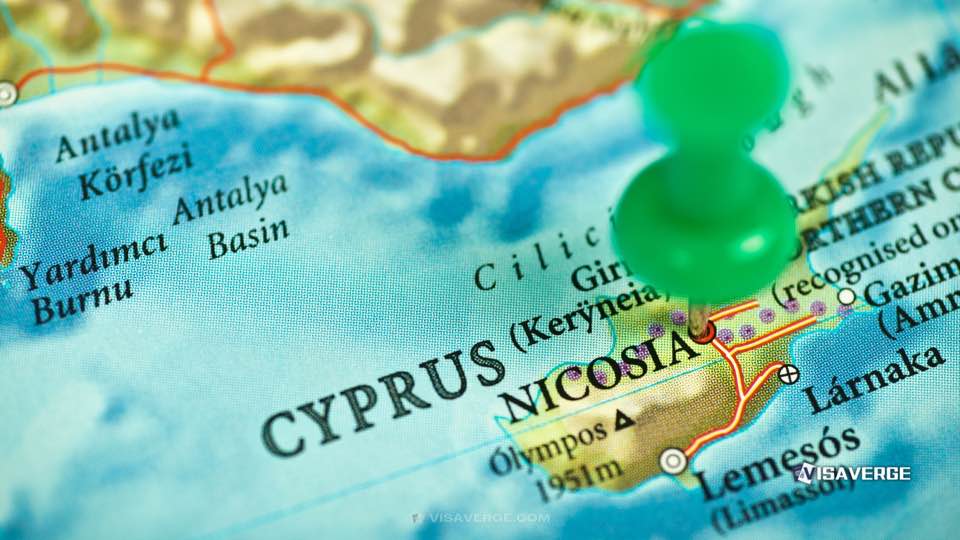(ATLANTA, GEORGIA) Georgia Republican Congressman Buddy Carter is urging the federal government to send more immigration agents to metro Atlanta, calling for stepped-up ICE raids and enforcement across the region in a move that has already stirred deep concern among immigrant families and local leaders. In a letter sent around November 21–22, 2025, Carter asked Homeland Security Secretary Kristi Noem and Acting ICE Director Todd Lyons to boost federal operations in Georgia, arguing that what he calls a growing population of undocumented immigrants is creating public safety risks.
Carter’s case and the numbers he cites

Carter’s letter focuses on the Atlanta area, the state’s largest population center and home to some of Georgia’s biggest immigrant communities. He pointed to estimates that nearly 500,000 undocumented immigrants now live in Georgia, a number he said represents about a 45% increase since 2018 and places the state sixth in the country by size of that population.
According to his argument, metro Atlanta has become a key hub for people living in the country without permission and therefore should be a priority for ICE enforcement.
Criminal cases cited to justify enforcement
To press his case, Carter cited several recent criminal cases involving noncitizens accused of violent crimes. He highlighted:
- The arrest of Salvador Rodriguez-Mendoza, described as a Mexican national with an active murder warrant.
- A separate homicide case involving a Honduran national.
In his letter, he tied these incidents to what he portrays as gaps in federal immigration enforcement and said that more ICE officers on the ground would help local police keep communities safe. He framed the request as support for sheriffs and city police departments rather than a replacement for local law enforcement.
Political context
The push comes as immigration remains one of the most heated political issues in Georgia and across the United States 🇺🇸, with federal enforcement actions often landing hardest in cities like Atlanta that have large foreign-born populations. Carter, who is running for the U.S. Senate against Democratic incumbent Jon Ossoff, has made border security and tougher interior enforcement a central theme of his campaign.
His call for more raids in metro Atlanta lets him link local concerns about crime with national debates over the southern border and the role of ICE.
“A stronger ICE presence would act as a deterrent,” Carter argues, sending a signal that Georgia is not, in his words, a safe place to live without authorization.
Opposition and community concerns
But the move has drawn sharp criticism from Democrats, immigrant advocates, and many community members who fear increased ICE activity in metro Atlanta would spread panic across neighborhoods where U.S. citizens, green card holders, and undocumented residents often live under the same roof.
Key opponents include:
- Democratic state Sen. Nabilah Islam Parkes
- U.S. Rep. Nikema Williams
They have condemned Carter’s push, accusing him of scapegoating immigrants and using fear of noncitizens as a campaign tool. Critics argue that tying the entire undocumented population to a small number of criminal cases paints an unfair and dangerous picture of immigrant communities.
Immediate effects reported on the ground
Advocates say the mere talk of more raids is already having tangible effects.
- In Gwinnett County, community organizers report a spike in calls from worried parents asking if it is safe to send children to school or show up for work.
- Some families are drawing up emergency plans in case a parent is detained, including naming temporary guardians for U.S.-born children.
- Local groups note that past enforcement waves have led not only to arrests, but also to missed paychecks, empty desks in classrooms, and businesses losing workers overnight.
Opponents warn that broad ICE enforcement sweeps tend to cast a very wide net. While Carter frames his letter around serious criminal cases, critics say ramped-up operations are likely to capture people whose only violation is a civil immigration issue, such as overstaying a visa.
They stress that even short-term spikes in arrests can tear apart mixed-status families, where some members are U.S. citizens or lawful permanent residents and others lack legal status. Analysis by VisaVerge.com suggests similar enforcement surges in other cities often led to large numbers of non-criminal arrests, raising questions about resource allocation.
Carter’s rationale and federal tools
Carter counters that additional ICE presence would:
- Act as a deterrent to repeat illegal entries.
- Help track people who have ignored deportation orders.
- Make local policing more effective by providing federal support for tools such as immigration detainers.
He emphasizes that local officers often depend on those federal tools when they encounter noncitizens during routine traffic stops or criminal investigations.
Federal response and public information
The Department of Homeland Security has not publicly detailed how it will respond to Carter’s letter, and ICE has not announced any new large-scale operations in the Atlanta area.
The agency generally says its priority is to focus on individuals who pose threats to public safety or national security, though in practice its field offices have broad power to decide who to target. Official information about ICE priorities and operations is posted on the U.S. Immigration and Customs Enforcement website, but such public guidance often leaves wide room for interpretation by local supervisors.
Preparations by advocacy groups and community organizations
In the meantime, immigrant advocacy groups are preparing for what they see as a likely increase in enforcement activity, regardless of whether it matches the scale Carter seeks. Planned actions include:
- Community workshops explaining rights when approached by immigration officers (for example, the right to remain silent and the right to speak with a lawyer).
- Information campaigns on how to identify real ICE agents and avoid scams that often rise when fear increases.
- Encouraging schools, churches, and employers to stay alert and support families if a breadwinner is detained.
Economic concerns
Economists and business owners in Georgia are watching closely. Many industries in metro Atlanta—construction, food service, logistics—depend heavily on immigrant workers, including those without legal status.
Community leaders warn:
- Large-scale ICE raids could disrupt local labor markets.
- Small businesses might struggle further with staff shortages.
- Even the threat of increased operations can cause workers to move, change jobs, or avoid public spaces, producing ripple effects on the local economy.
Where things stand
As late November 2025 draws to a close, Carter’s push has become another flashpoint in Georgia’s broader fight over immigration and public safety.
- Supporters say federal action is needed to respond to what they see as an unchecked rise in illegal immigration, pointing to nearly 500,000 undocumented immigrants in the state.
- Opponents insist that turning metro Atlanta into a focus of stepped-up ICE raids will mainly hurt families who have built their lives in Georgia and contribute to local communities every day.
The decision now sits with federal officials in Washington, but its outcome will be felt most sharply on the streets, in workplaces, and in the schoolyards of metro Atlanta.
Rep. Buddy Carter urged Homeland Security leaders to increase ICE enforcement in metro Atlanta, citing nearly 500,000 undocumented immigrants and recent criminal cases. He framed more agents as support for local police and deterrence against illegal entry. Opponents, including Democrats and immigrant advocates, warn that expanded raids would sow fear, separate families, and harm local businesses that rely on immigrant labor. DHS and ICE have not committed to large-scale operations; community groups are preparing rights education and emergency planning.












